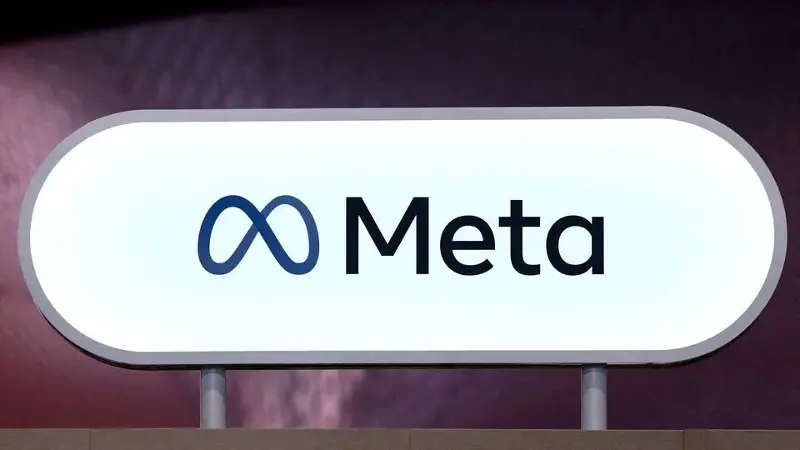
A US federal judge on Tuesday (November 18) dismissed the Federal Trade Commission’s landmark antitrust lawsuit against Meta, ruling that the social media giant does not hold a monopoly in the market.
The FTC had accused Meta of illegally maintaining dominance by acquiring Instagram in 2012 and WhatsApp in 2014, arguing the deals were designed to neutralise competitive threats. The case, filed in December 2020, had been one of the most high-profile antitrust actions against a Big Tech company.
Court says TikTok, YouTube provide “sufficient competition”
Judge James Boasberg of the federal district court in Washington concluded that Meta faces robust competition from TikTok and YouTube, preventing it from exercising monopoly power.
“Meta holds no monopoly in the relevant market,” Boasberg wrote, rejecting the FTC’s argument that Facebook, Instagram and Snapchat operate in a separate space from video-first platforms.
Boasberg ruled that the FTC’s market definition no longer reflects how Americans use social media, noting that Facebook and Instagram have transformed into platforms dominated by short-form videos similar to TikTok.
“Facebook, Instagram, TikTok, and YouTube have thus evolved to have nearly identical main features,” the judge said, citing data showing that users treat these platforms as substitutes.
The court highlighted how users now spend only 17% of their time on Facebook viewing content from friends — and just 7% on Instagram. Instead, the majority of time is consumed by AI-recommended “Reels.”
Setback for antitrust push against big tech
The dismissal marks a significant setback for US antitrust regulators, who have intensified efforts to rein in the influence of major technology companies.
The FTC and Justice Department have launched five major cases in recent years, including two against Google and separate actions targeting Apple and Amazon.
In September, a federal judge rejected a government request to break up Google’s search business despite finding it operated as an illegal monopoly.
